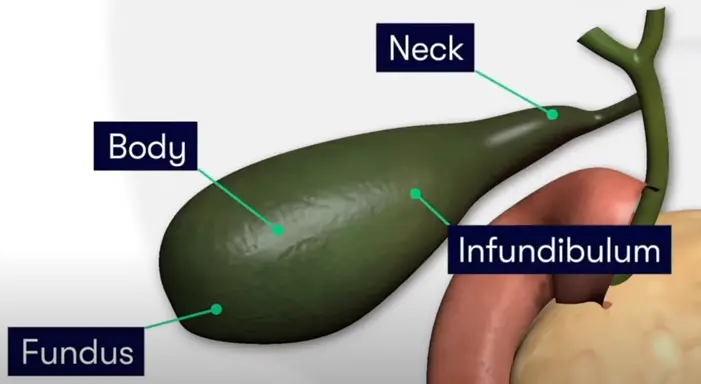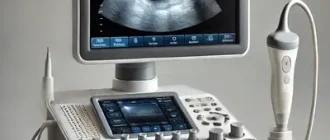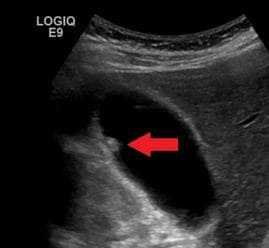If you have undergone gallbladder removal surgery, also known as cholecystectomy, you may experience some changes in your bowel movements. One of the common concerns that some people have after the surgery is the presence of yellow stool color. So, is this something to worry about or is it considered normal?
First and foremost, it’s important to understand that everyone’s body reacts differently to gallbladder removal surgery. While some individuals may not experience any notable changes in their bowel movements, others may notice certain alterations, including the color of their stools.
Yellow diarrhea or smelly poop after gallbladder removal is not unusual. This can happen due to the larger amounts of bile that reaches the colon. The increased bile can irritate the colon and lead to diarrhea with a yellow hue. Additionally, the elevated levels of bile salts in your body can also contribute to a more potent smell in your bowel movements.
Research suggests that up to 20% of people who undergo gallbladder surgery develop diarrhea. In most cases, this diarrhea is temporary and stops soon after the surgery. However, in rare cases, it may persist for years. The exact cause of diarrhea after gallbladder removal is not clear, but some experts believe it could be due to an increase in bile, particularly bile acids, entering the gastrointestinal tract.
Apart from changes in stool color, another issue that some people may experience after gallbladder removal is an increase in mucus in their stool. This happens because the removal of the gallbladder leads to an increased amount of bile being delivered directly to the small intestine. This excess bile can act as a laxative, causing looser stools and potentially leading to bowel leakage or increased bowel movements.
In most cases, mild diarrhea or yellow stool color after cholecystectomy is not a cause for concern. However, it is advisable to consult your doctor if you experience any alarming symptoms such as unexplained weight loss, bloody diarrhea, diarrhea that wakes you up from sleep, fever, significant abdominal pain, or if the diarrhea lasts for more than a few weeks.
Remember, your doctor is the best person to assess your specific situation and provide appropriate guidance. They may recommend dietary adjustments or medication to help manage these symptoms if necessary. It’s essential to keep an open line of communication with your healthcare provider throughout your recovery journey.
In conclusion, yellow stool color after gallbladder removal is a common occurrence and not necessarily a cause for alarm. However, if you have any concerns or if the symptoms persist, it’s always best to consult with your doctor for a personalized evaluation and advice.
About the Author
Reyus Mammadli is the author of this health blog since 2008. With a background in medical and biotechnical devices, he has over 15 years of experience working with medical literature and expert guidelines from WHO, CDC, Mayo Clinic, and others. His goal is to present clear, accurate health information for everyday readers — not as a substitute for medical advice.







